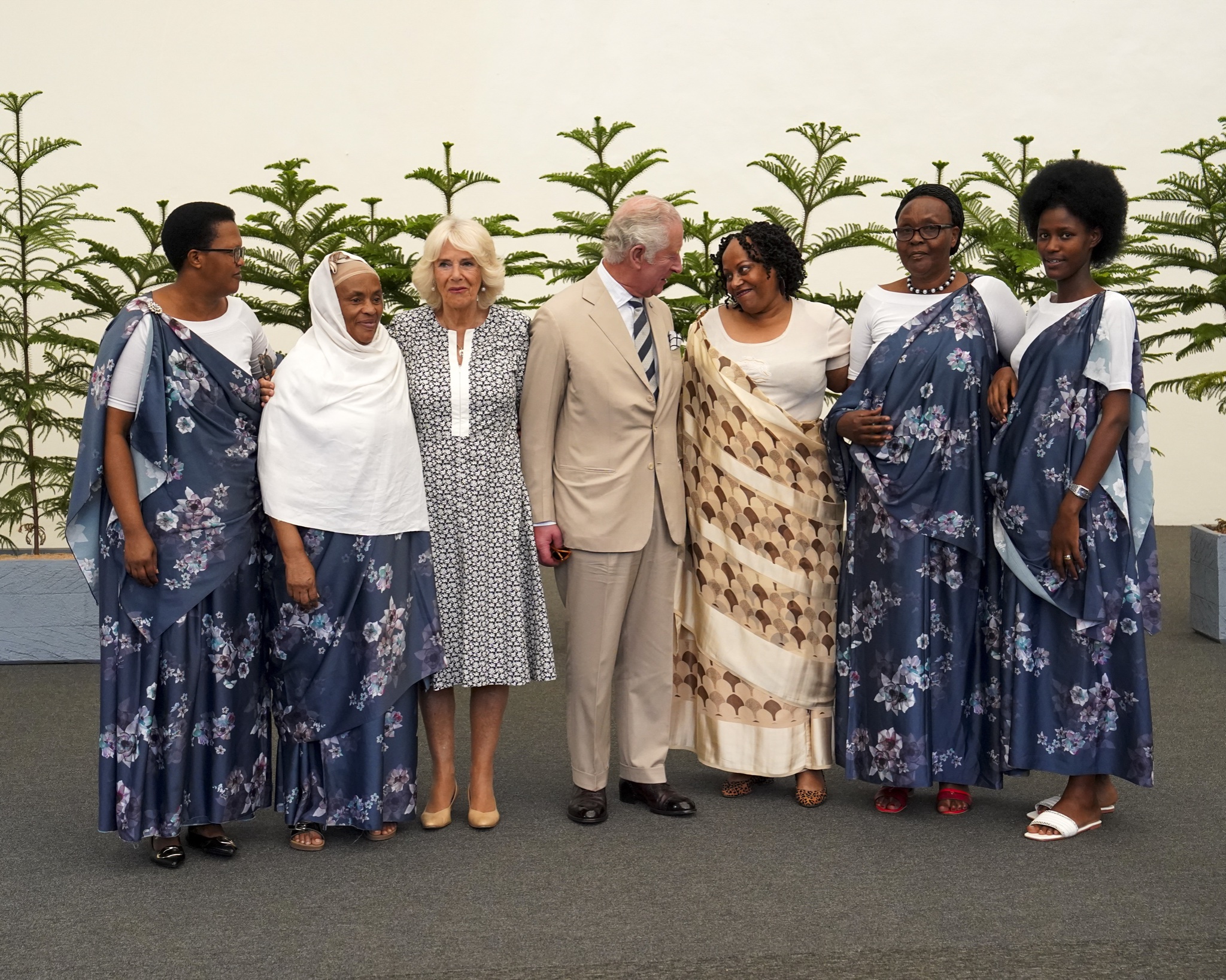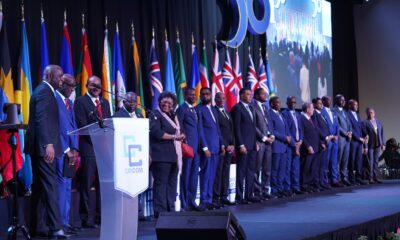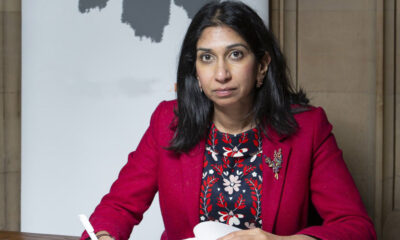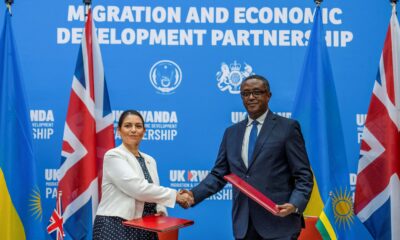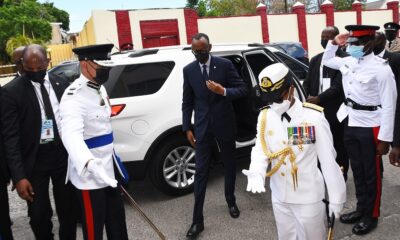By Deandrea Hamilton | Editor
What would happen if the Caribbean started spending more with Africa?
That question is no longer hypothetical. It’s the vision behind a growing movement that sees the Caribbean not just as a neighbor of the Americas, but as a key partner in the rise of a “Global Africa.” With shared history, deep cultural ties, and emerging trade frameworks, experts say the potential is enormous—if the will to act finally matches the passion of the speeches.
Billions on the Table
Today, trade between Africa and the Caribbean sits at just over US $729 million annually. But the International Trade Centre (ITC) and Afreximbank project that number could balloon to US $1.8 billion per year by 2028—more than doubling in just a few years.
This boost is expected to come not just from commodities, but increasingly from services, particularly in transport, travel, food exports, and creative industries. Two-thirds of that growth, according to analysts, could come from services alone—sectors where the Caribbean is eager to expand. (afreximbank.com).
Meanwhile, Africa’s consumer and business spending is forecasted to skyrocket to US $6.66 trillion by 2030, driven by a population boom and rising middle class.
The Case for a New Trade Axis
The Caribbean imports 80% of its food, but many of those goods can be sourced from African markets. What we offer in return? World-class logistics, tourism know-how, financial services, and proximity to the U.S. market. It’s a natural fit—one that is currently underdeveloped.
The recent call by Grenadian Prime Minister Dickon Mitchell for a “Global Africa Commission” underscores this urgency. He urged stakeholders at the Afreximbank Trade Expo to stop the cycle of empty talk and get to work: building shipping routes, finalizing trade agreements, and boosting knowledge of what each region actually has to offer.
urged stakeholders at the Afreximbank Trade Expo to stop the cycle of empty talk and get to work: building shipping routes, finalizing trade agreements, and boosting knowledge of what each region actually has to offer.
“We will not leave here with another communiqué,” Mitchell continued. “We will leave here with a commitment to act, to build together, to trade together, to succeed together and rise together.” The statement underscored a central theme of the summit — that both Africa and the Caribbean can no longer afford to admire the idea of unity; they must operationalize it.Pilot platforms like the Pan-African Payment and Settlement System (PAPSS) are already simplifying how cross-border payments work between African countries—and could extend to Caribbean partners. The system removes the need for U.S. dollars in trade between African nations, creating space for sovereign empowerment.
What’s the Hold-Up?
Let’s be blunt: political will, slow bureaucracies, and lack of coordination are stalling real action. Despite a decade of “Africa–Caribbean unity” talk, less than 3% of CARICOM trade currently involves the African continent. That fact continues to undermine these brave speeches and ambitious notions.
Where Caribbean Consumers Fit In
Caribbean consumers—especially the younger, tech-savvy generation—are already looking for affordable, ethical, and culturally relevant goods. African markets offer exactly that. Redirecting even a fraction of spending toward African-made clothing, beauty products, tech tools, or agro-processed foods could start a real trade revolution.
Bottom Line
If the political leaders won’t build the bridge fast enough, maybe Caribbean consumers will. The money is there. The interest is rising. Now it’s time to turn the “Global Africa” vision into a real economic shift—one shopping cart at a time.

 TCI News1 week ago
TCI News1 week ago
 News1 week ago
News1 week ago
 Bahamas News5 days ago
Bahamas News5 days ago
 Bahamas News4 days ago
Bahamas News4 days ago
 News7 days ago
News7 days ago
 Caribbean News1 week ago
Caribbean News1 week ago
 Health4 days ago
Health4 days ago
 News1 week ago
News1 week ago
